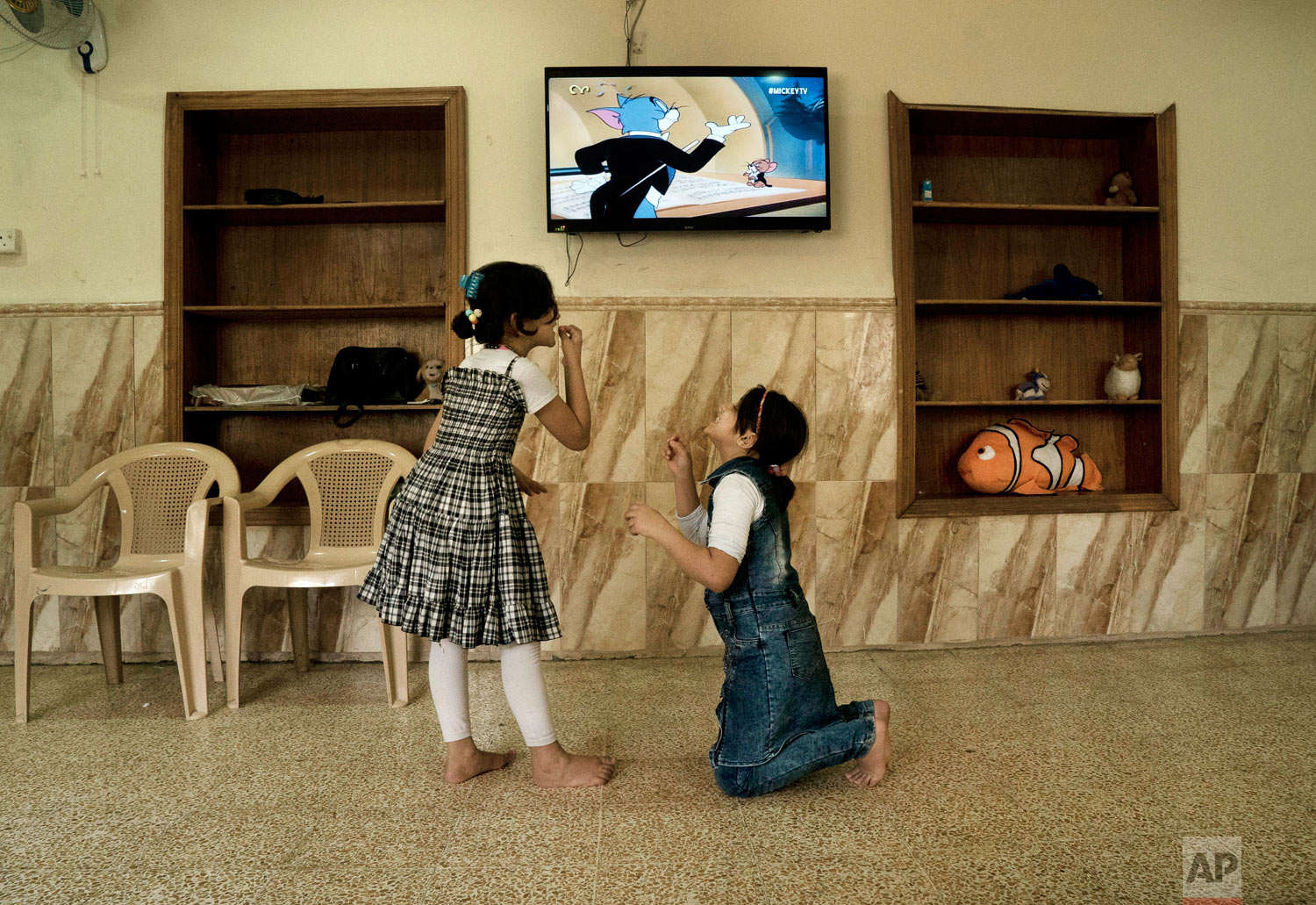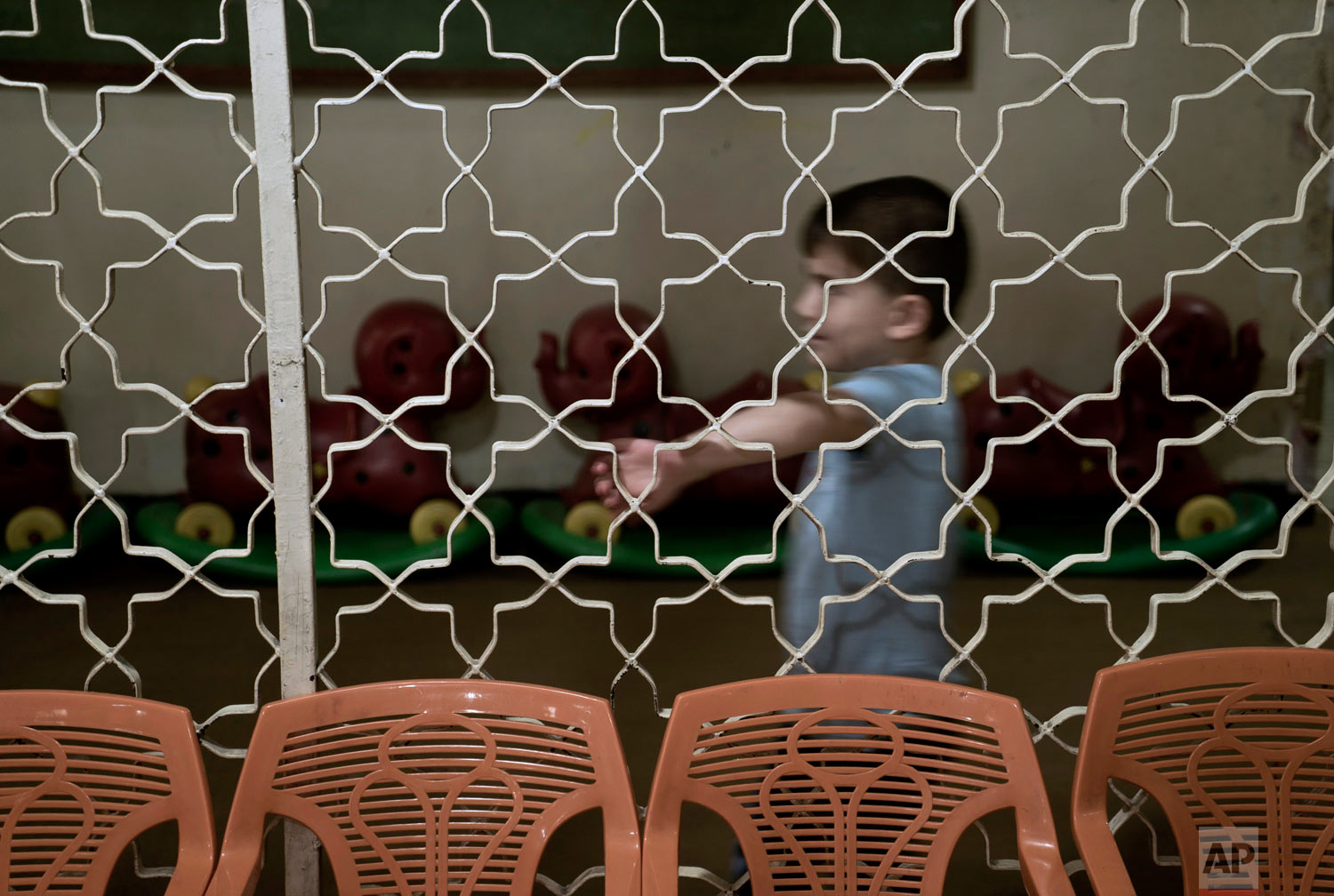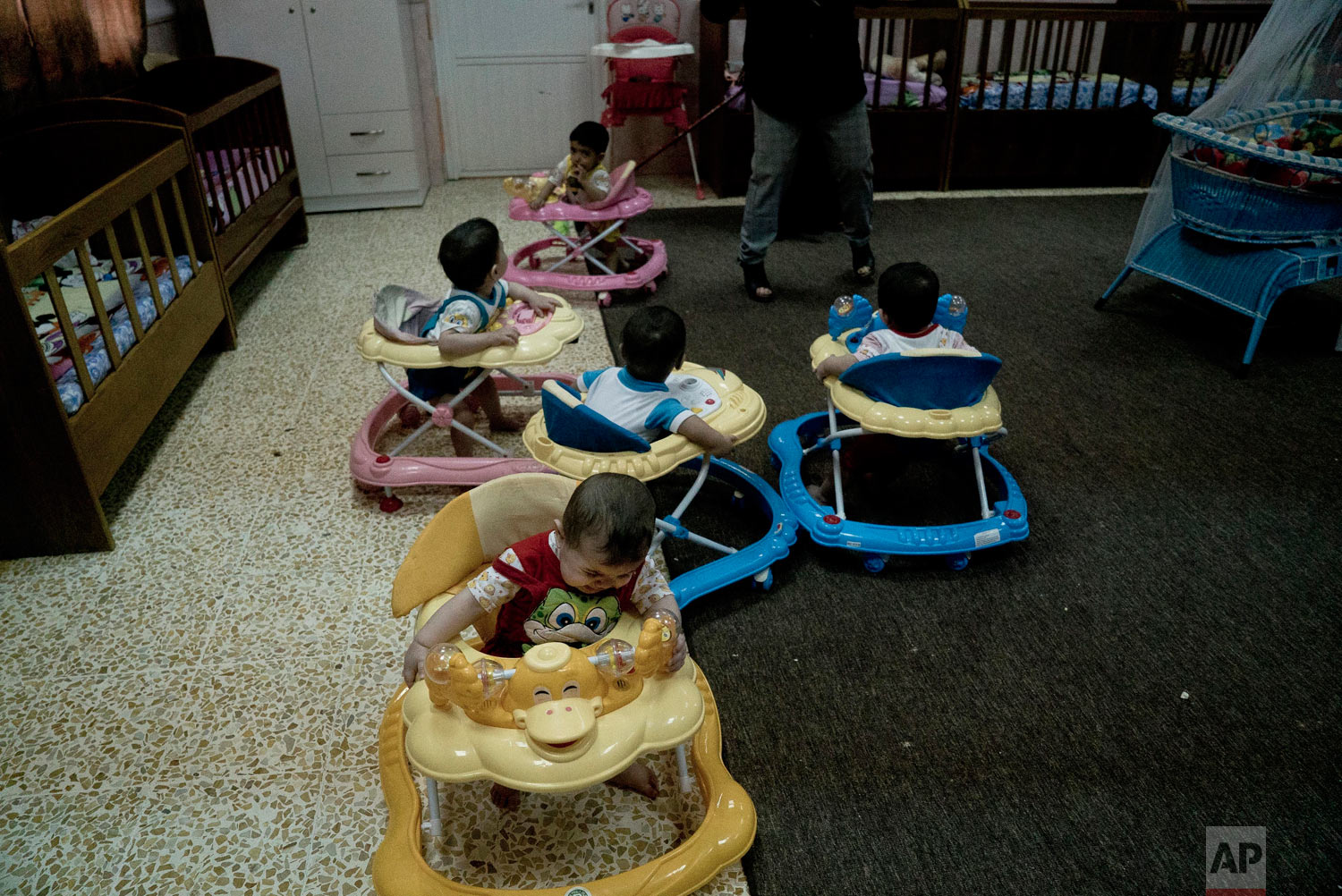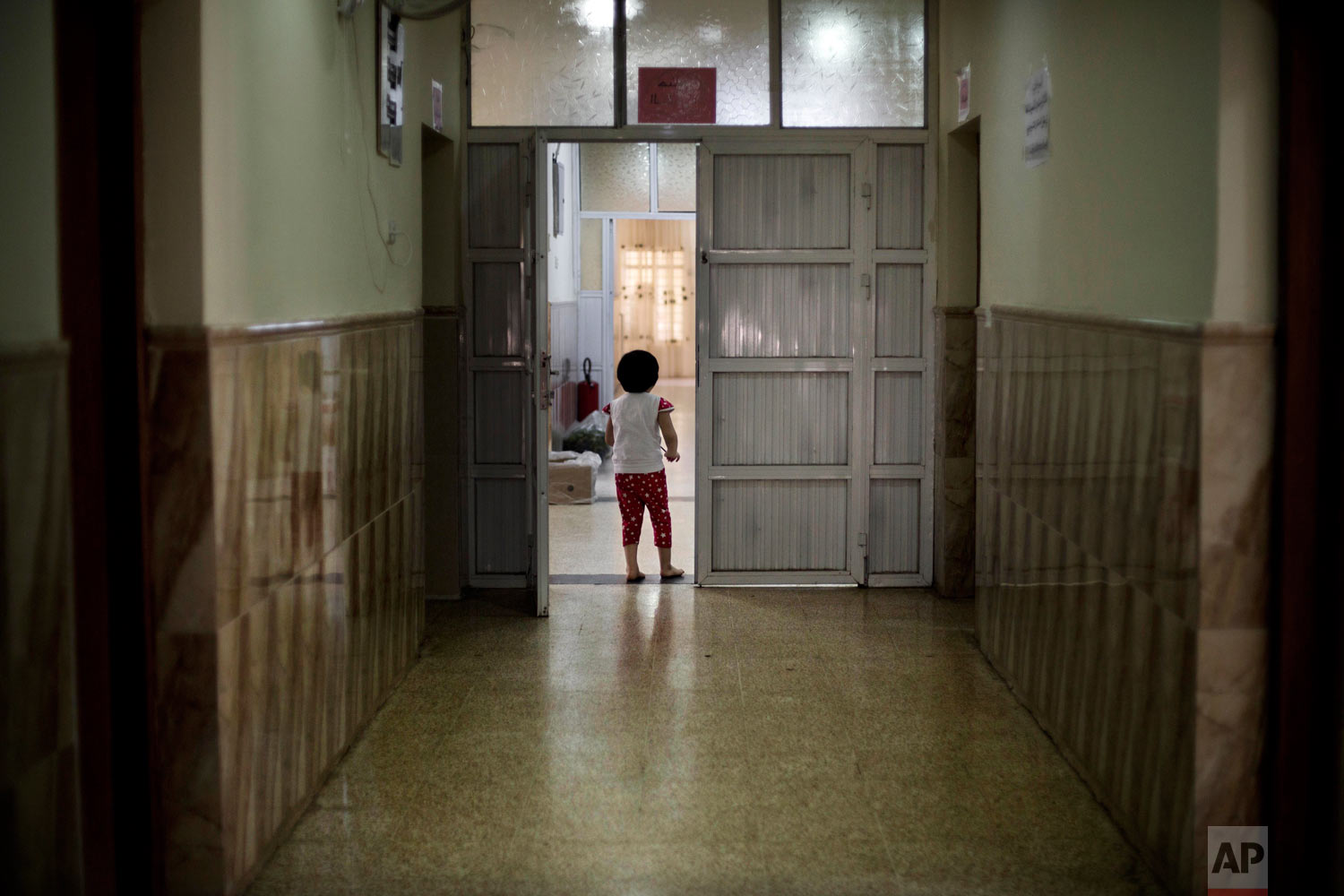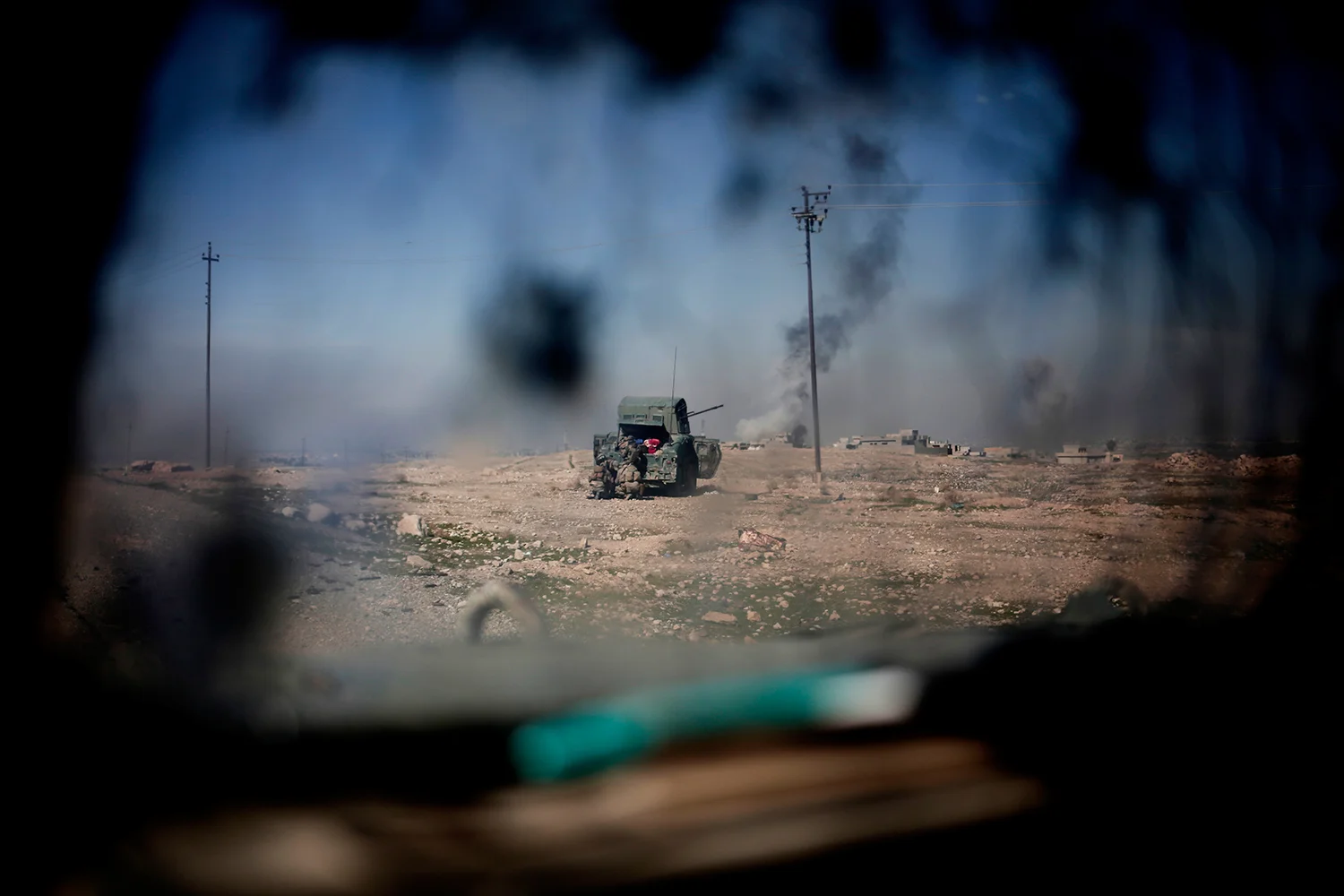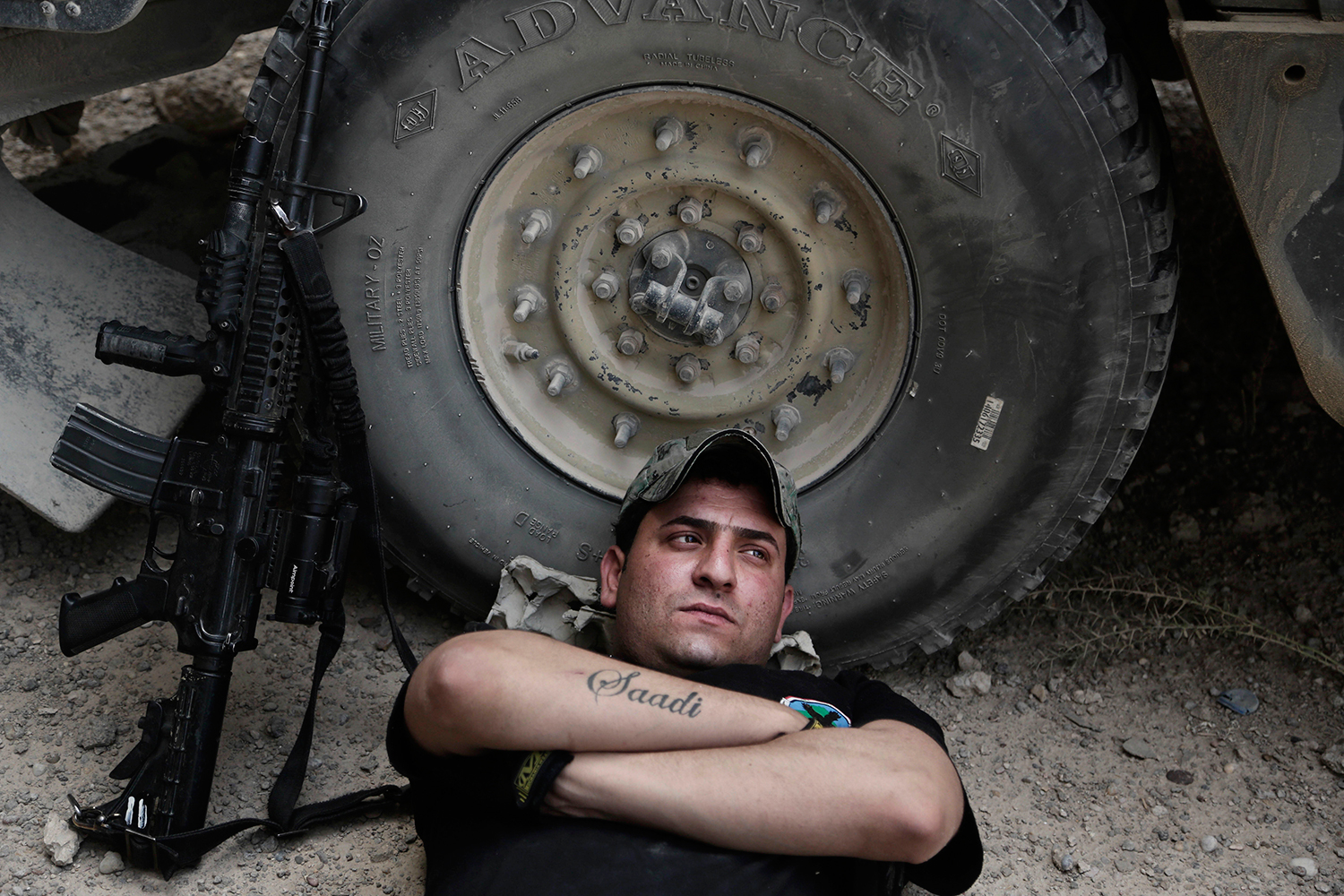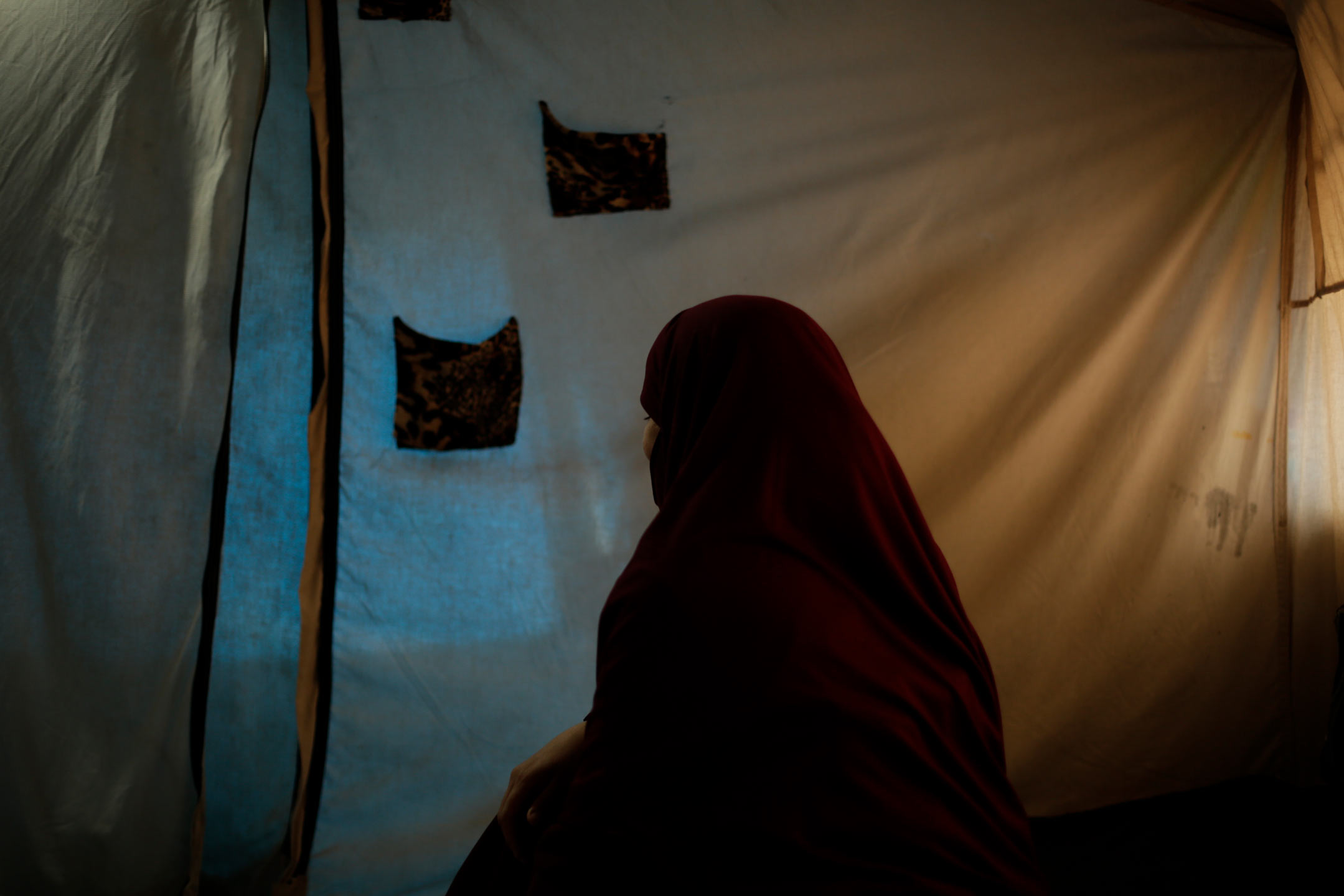IS militants’ children in Iraq’s orphanages
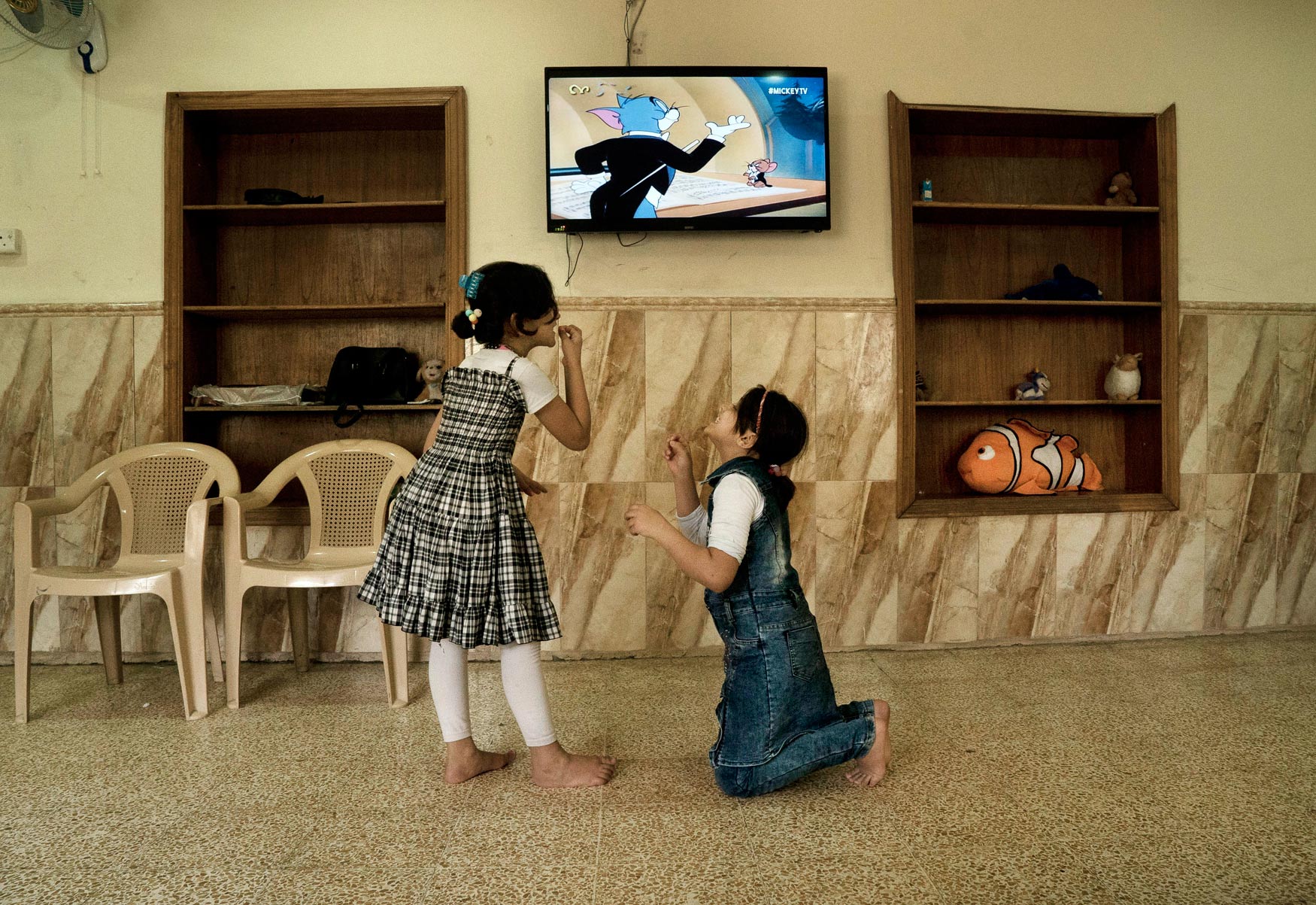
In Iraqi orphanages, you find all the ways that war wreaks its destruction, embodied in the most innocent of faces: Children of those killed, children born of rape, children abandoned in the chaos of battle. There are also the children of the enemy.
A newborn lies in her crib at the state-run al-Zuhour orphanage, in Mosul, Iraq. (AP Photo/Maya Alleruzzo)
Salhiya orphanage, Iraq's state-run facility in Baghdad, is now home to children of foreign jihadis who came to join the Islamic State group and are now either dead or incarcerated.
During a recent visit by The Associated Press, more than a dozen cribs were arranged end-to-end in a room set for babies. Toddlers able to stand rocked side to side, holding the sides of the cribs. There were plenty of cuddles by staff, who left no baby to cry.
A caregiver soothes a newborn baby girl named Helen at the state-run Salhiya Orphanage in Baghdad, Iraq. (AP Photo/Maya Alleruzzo)
The facility houses a mix of infants born to Iraqi women enslaved by militants and older children brought to Iraq; some were simply abandoned. A newborn given the name Helen by the caretakers was left by her mother at a hospital after her birth.
A worker comforts a toddler at the state-run Salhiya Orphanage in Baghdad, Iraq. (AP Photo/Maya Alleruzzo)
In northern Iraq, nearly 60 Iraqi children are kept in two orphanages in Mosul, the country's second largest city, which was captured by IS in 2014 and liberated by U.S.-backed security forces last year after a nearly year-long battle. Many of them are the children of Iraqi members of the militant group.
An infant lies in her crib at the state-run Salhiya Orphanage in Baghdad, Iraq. (AP Photo/Maya Alleruzzo)
Toddlers scooted around in tiny walkers, holding up their favorite toys in the bright and tidy playroom. Television was deployed to entertain the kids — two of the girls acted out an entire Tom & Jerry episode.
A girl has a tantrum at the state-run al-Zuhour Orphanage in Mosul, Iraq. (AP Photo/Maya Alleruzzo)
Abeer al-Chalabi, a senior government official in Baghdad who oversees orphanages, said some of the foreign children came to the facilities with the radical ideas instilled by the parents. One 5-year-old boy, she said, refused to shake her hand because she's a woman. A 7-year-old boy asked for a knife to show a friend how to behead a doll.
"We have slowly changed their ideas and the way they think," al-Chalabi said.
Text from the AP news story, IS militants’ children in Iraq’s orphanages, by Maya Alleruzzo.
Photos by Maya Alleruzzo




